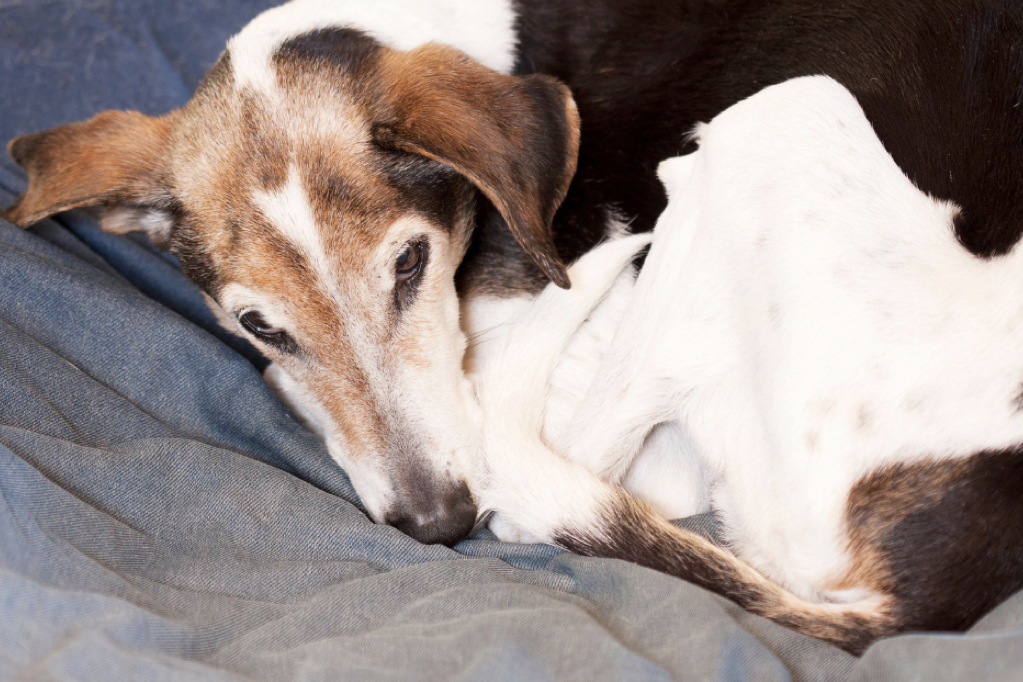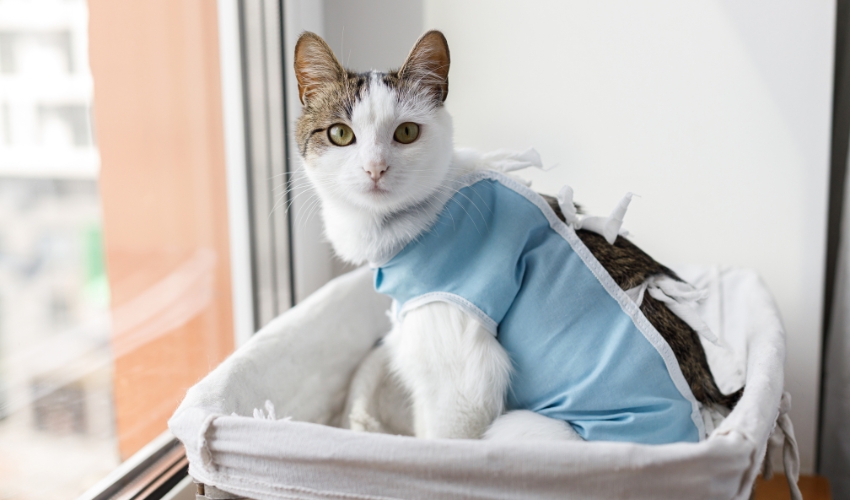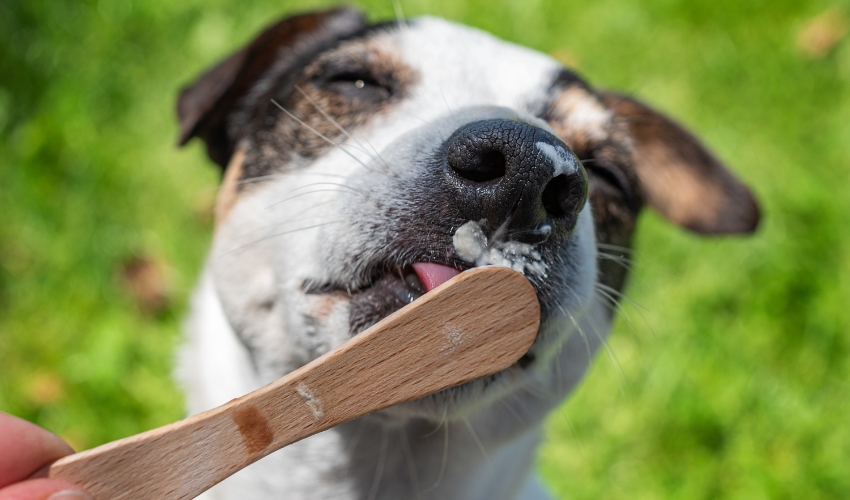Colitis is a serious medical condition that can affect dogs of all ages. This condition is characterized by inflammation and damage to the colon (large intestine). When the colon becomes inflamed, the lining can become damaged and infected. This damage can result in severe diarrhea, abdominal pain, and malnutrition. If left untreated, colitis can lead to death. This article will discuss what causes colitis in dogs, the symptoms associated with this condition, and the treatment options available.
What Causes Colitis in Dogs
There are many causes of colitis in dogs. It can be as simple as a diet change or an infection from a parasite or bacteria. Among the most common causes are:
- Excessive stress on the digestive system
- Changes in diet
- Foreign objects
- Infection from a parasite or bacteria
- Intestinal worms
- Injury to the colon
- Inflammatory bowel syndrome (IBS)
- Gastrointestinal infections
Symptoms of Colitis in Dogs
Colitis can manifest itself in different ways in dogs. The symptoms typically depend on the type of colitis that is present and what is causing it. The most common symptoms are:
- Diarrhea
- Vomiting
- Severe abdominal pain
- Loss of appetite or unusual eating habits
- Blood and/or mucus in the stool
- Weight loss
- Constipation
- Excessive flatulence
- Poor condition and general fatigue
Diagnosing Colitis in Dogs
If you suspect your dog has colitis, you should immediately make an appointment with your veterinarian. Your vet will ask for a detailed medical history and conduct a thorough physical examination. They will perform a series of diagnostic tests to identify the underlying cause of your dog’s symptoms. This may include blood tests, urinalysis, and a fecal sample.
Depending on your dog’s symptoms, your vet may recommend additional tests, such as colonoscopy or colon biopsies. These tests are painless and can provide valuable information about your dog’s health. Treatment for colitis depends on the underlying cause of the condition.
Types of Colitis in Dogs
There are two types of colitis in dogs – acute and chronic.
Acute colitis occurs suddenly and lasts for only a few days to a few weeks. It usually resolves on its own after several weeks of treatment. This is typically caused by something simple, such as a change in diet or exposure to a foreign object.
Chronic colitis, on the contrary, lasts longer than two weeks and requires ongoing treatment to heal. It is usually caused by an infection or a chronic illness that affects the intestines. These include IBD, parasites, and inflammatory bowel disease (IBD).
Treatment Options for Colitis in Dogs

The treatment for colitis depends on the type, underlying cause, and severity of the symptoms. Typically, the treatment will involve a combination of dietary changes, medications, antibiotics, and sometimes surgery. Here are a few treatment options that your vet may propose:
Dietary Changes
The first step for dogs diagnosed with acute colitis is 24- to 48-hour fasting. This will allow any toxins in the dog’s system to be excreted from the body, relieving some symptoms. You can then start feeding the dog soft food over the next few days to help restore their nutrient levels and promote healing. In many cases, a dog suffering from acute colitis will need to switch to hypoallergenic dog food. If the dog still has diarrhea after a few days of treatment with low-residue foods, it is best to switch to a bland diet until they feel better.
Medications
- Antibiotics – If the cause of your dog’s colitis is a bacterial infection, they will be given medication to eliminate the infection and improve the healing process. They may be given orally or through an intravenous drip in some cases.
- Corticosteroids – Steroids are powerful anti-inflammatory drugs that can reduce inflammation and help clear up the bowels. These can be used alone or in combination with other drugs to treat the symptoms of colitis. They are commonly administered as an injection and are typically given for a few days to a week at a time.
- Antidiarrheal drugs – These can be given to dogs suffering from chronic diarrhea to stop them from losing too much fluid through their stools.
- Acid suppressors – These are usually given in cases of erosive colitis to reduce the acid in the dog’s stomach, which can be irritating to the sensitive lining of the intestine.
- Laxatives – Your vet may recommend laxatives for dogs suffering from constipation due to IBD. This will help relieve the excess buildup of stool in the colon and slow the progression of the disease.
Surgery
The veterinarian will recommend surgical removal of all or part of the diseased colon(s) if medical treatments have been unsuccessful or the disease is advanced. This is only recommended as a last resort as it carries certain risks and is not always possible to perform. In some cases, surgery is necessary to save the dog’s life or relieve severe symptoms of the disease.
Outlook
It is crucial to consult your vet immediately if you notice symptoms of colitis in your dog to avoid worsening their condition. Do not hastily give your dog medicines without the vet’s advice, as this may only cause bigger problems. Dogs with acute colitis can easily recover within a few weeks of medications and changes in their diet. Chronic colitis may last longer but can be managed well if you follow your vet’s orders.











